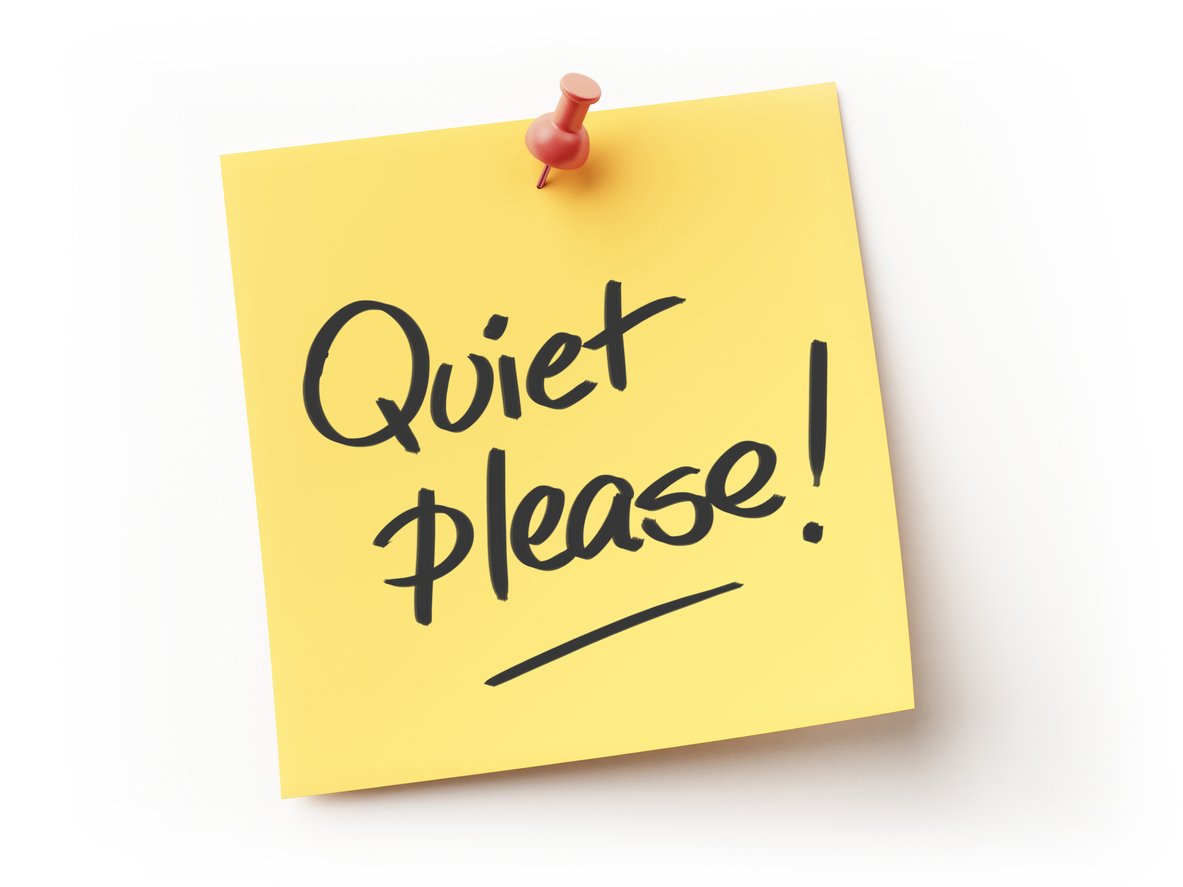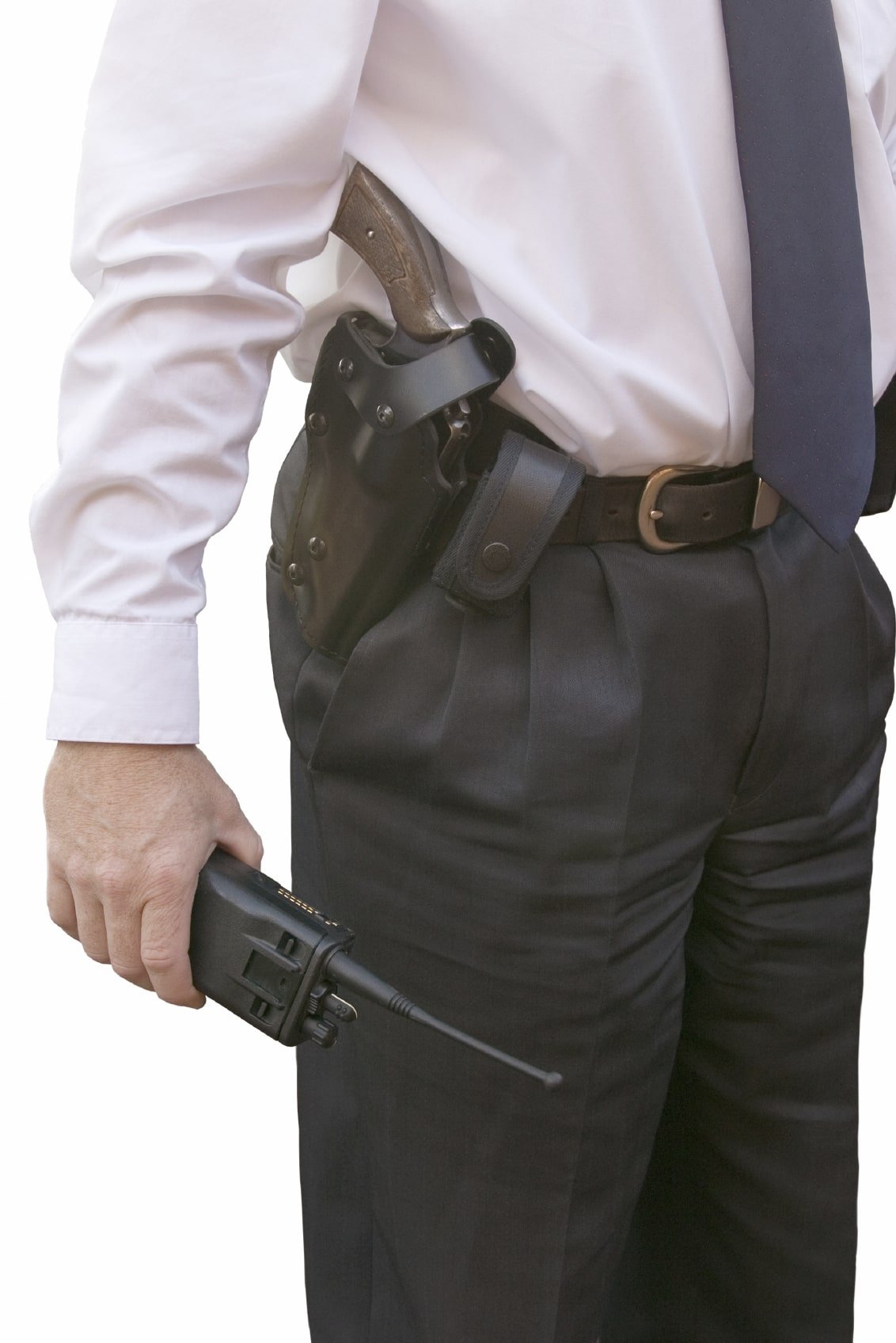After the Shooting – Part 3

In the previous articles, we discussed what you may have considered before being involved in a life-changing event like a shooting. We touched on the importance of understanding what may happen to you during a high-stress event. I explained the considerations for making the initial 911 call and the importance of sharing information with the first officer on the scene.
Assert Your Right to Remain Silent
The time has come to stop talking. As distasteful as this may sound, request the representation of an attorney before answering any more questions or making any further statements. You can tell the officer, “I want to cooperate, but I would like my attorney present before I say anything else.” You are asserting your right to remain silent and should prevent the officer from continuing to question you. If they persist in questioning you, make it very clear by saying, “I am asserting my right to remain silent, as well as my right to counsel.”
Do not discuss the incident again until you have been medically cleared and have had the chance to speak with a reputable attorney. Do not view this as “not cooperating.” This is simply to ensure you give yourself the time needed to recover mentally and physically from the high-stress event you just went through. Keep in mind that you may not remember everything that happened immediately, and you don’t want to create an issue where one does not exist. I also strongly recommend that you do not discuss the incident with anyone outside of your legal team or mental health provider.
Follow-up Investigators
Because you were involved in a shooting incident, the agency usually sends a detective to the scene or the hospital. When the investigator arrives, they will want to discuss what happened and may ask you the same or similar questions as the first responding officer. You should explain that you have already answered these questions for the first officer. Respectfully inform the investigator that you do not want to answer any more questions until you have had the opportunity to consult with an attorney.
The investigator may tell you that theyare trying to get to the bottom of
what happened. The may say, “I’m just trying to find out what happened. If you didn’t do anything wrong, you shouldn’t worry about answering a few more questions.” This common investigative technique is designed to elicit a response by playing on your true good character. Just repeat what you already told the investigator about wanting to speak with an attorney first.
Remember, you were capable of saving your own life or that of someone else. Do not put it at risk just to appear cooperative. Law enforcement has their responsibilities following the incident, and you won’t hinder them by taking the time you need to ensure your physical and emotional well-being. The fact is, if you asked a police officer whether they would give a statement immediately after using deadly force, they would respond with an emphatic, “NO.” So why should you?

